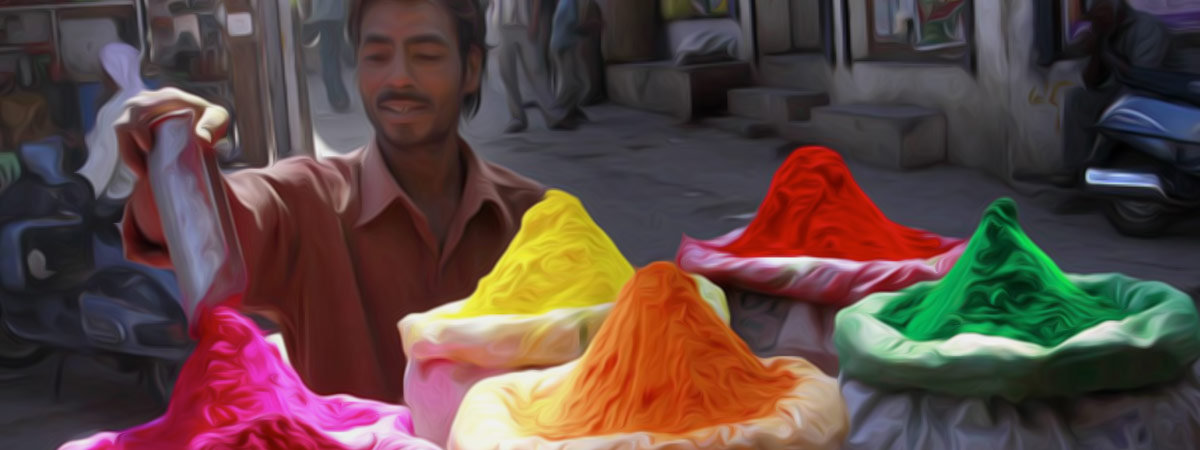Why give a damn:
The days of lone heroes and quick fixes are over, and never were what we hoped they would be. Our problems are too complex to fix quickly, and too big to fix alone. For everyone trying to change the world on a deadline, give it up.
The author of this post, Cheryl Heller, designs change and growth for business leaders and social entrepreneurs. She is Founding Chair of MFA Design for Social Innovation at SVA. She also serves as a mentor at the Unreasonable Institute.
We needed the Slow Food movement to remind us that meals can heal us through their rituals of connectedness and their nourishing substance. We need the Slow Money movement to remind us that money should serve life and not the other way around.
I watch the accelerating popularity of social innovation with hope as well as concern. Far more people take an interest in it, but it’s being shrunk to fit our busy lives, and subjected to ill-fitting expectations for gratification.
The notion that you can have a meetup and change the world is ludicrous.
My inbox erupts with invitations to meetups, conversations, conferences, webinars and courses promising to provide the kind of wisdom it takes years to earn. The notion that you can have a meetup and change the world is ludicrous. (Yes, people do talk like that). If the world were to change over a weekend, it would very likely not be good news.
Is our current social-media-fueled movement in danger of becoming the fast food of social change—substituting short-term satiety for long term benefit?
The real point here, as with food and money, is that it’s actually not about fast or slow at all. Time is not the right metric for anything but races and three-minute eggs, though we have allowed it to become the metronome of our modern lives: quarterly earnings, overnight successes, two-day work weeks. We escalate, we are trapped in a culture and an economy that drive us to keep doing and wanting more. It is precisely this that slow movements want us to stop and think about, and this that we must let go of if any of our efforts in social innovation have a chance of succeeding.
Slow Social Innovation would measure progress rather than time. It would, like the Slow Food movement, connect us more deeply to the systems we touch, teach us to honor the rules of nature. It would make us aware of the resources we use, the quality of what we produce, and give us a healthy mistrust of short cuts and quick fixes.
It’s going deep and finding the truth that matters.
I have been asked, not infrequently, to list the outcomes of the first year of our new masters program in Design for Social Innovation. Students have already done remarkable things and we have seen enormous progress, but the only lasting outcome is that we began. We have begun what we hope will be the work of lifetimes and generations, of new ways of seeing, and seeds of change.
There is already something called “Slow Design,” that is meant to imbue design with more thoughtful principles. All good. But the last thing I hope to accomplish here, of course, is to create another label in an already label-burdened vocabulary. I write this instead to avoid the need to fix something by not breaking it in the first place. Please let’s NOT need a slow social innovation movement. Let’s just slow down and not lose sight of the reason we’re doing this in the first place.
The poet Tess Gallagher said that “you can’t go deep until you slow down.” It’s going deep and finding the truth that matters.



